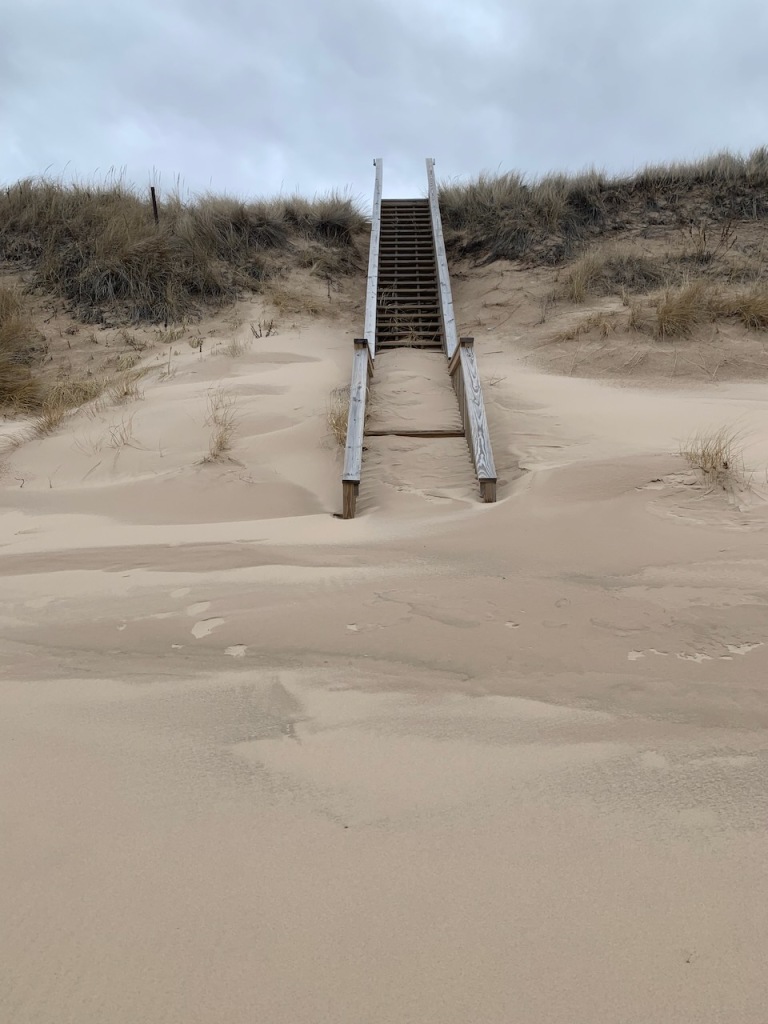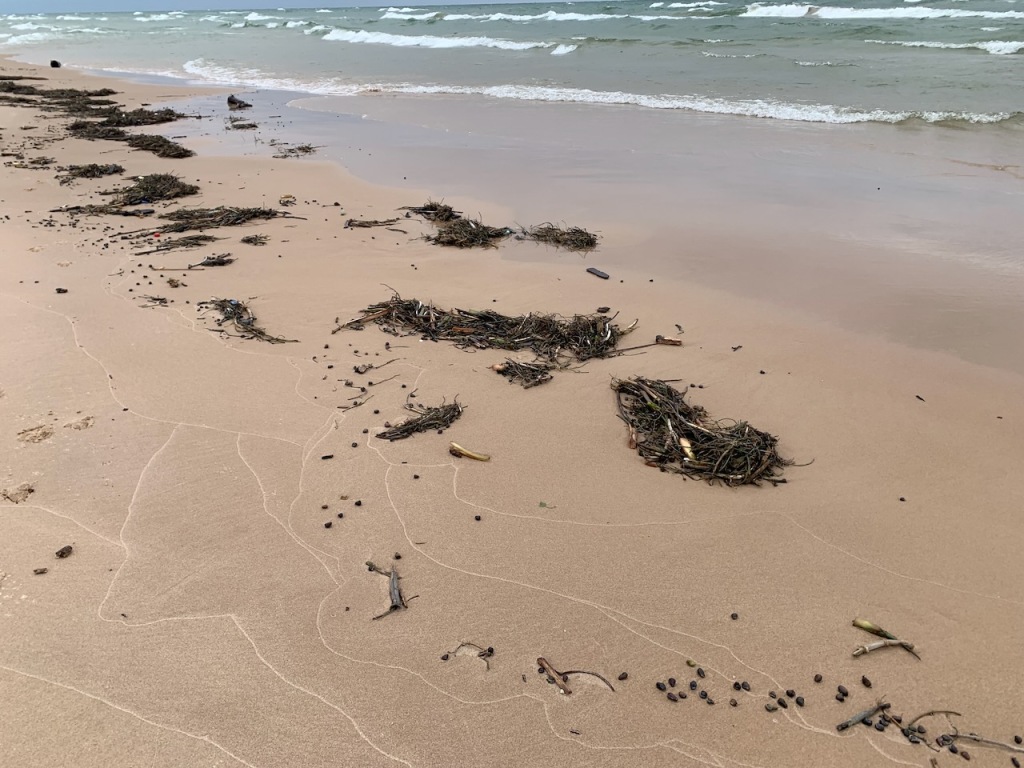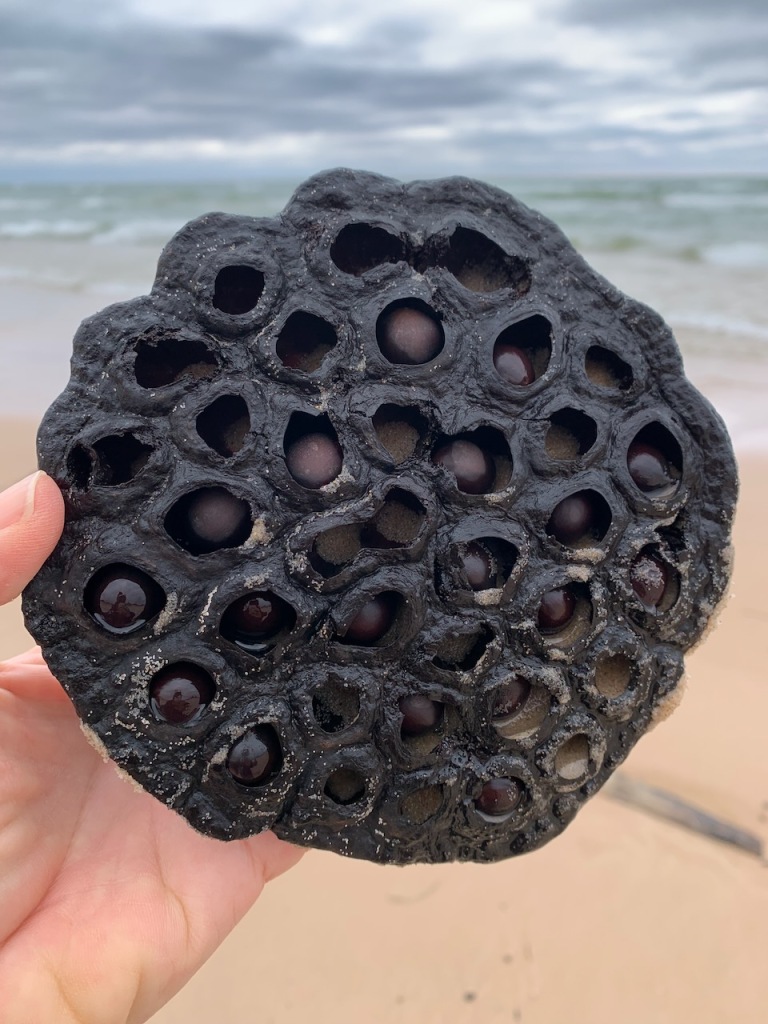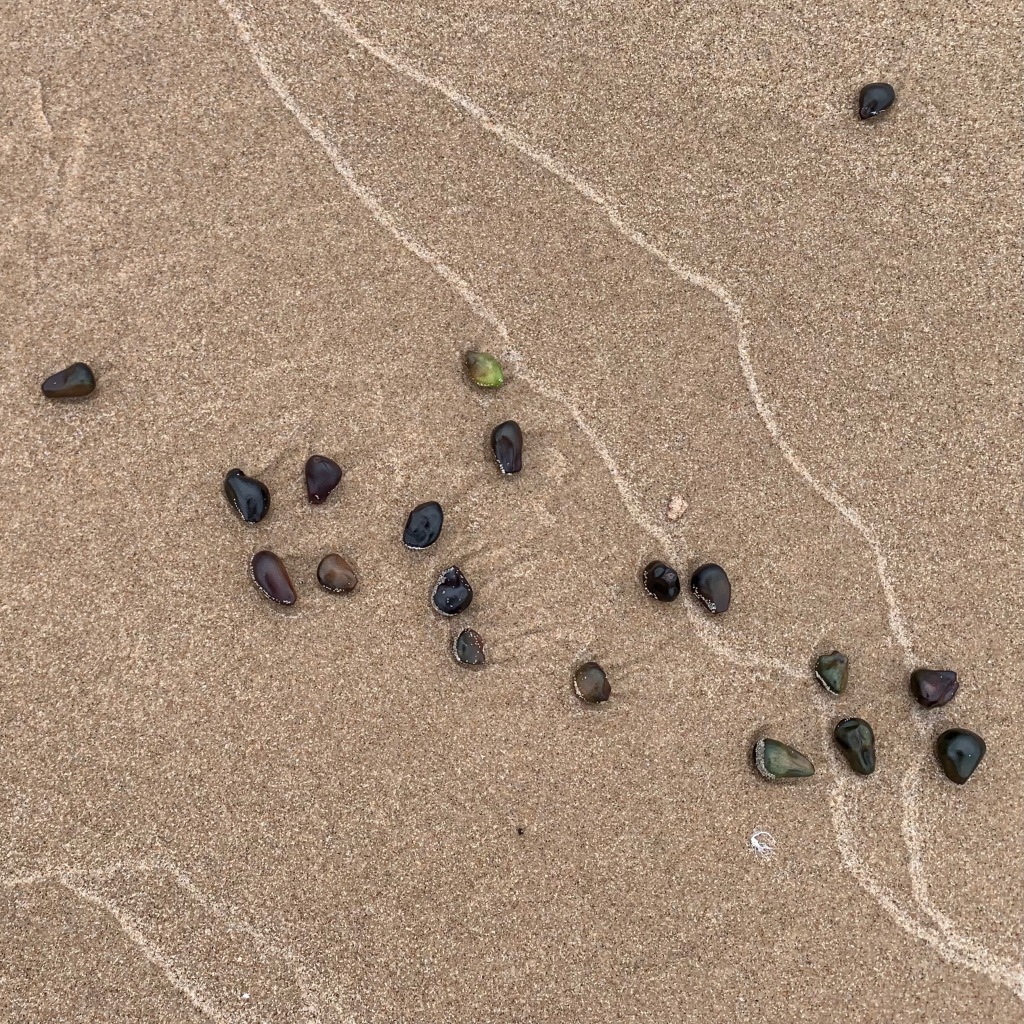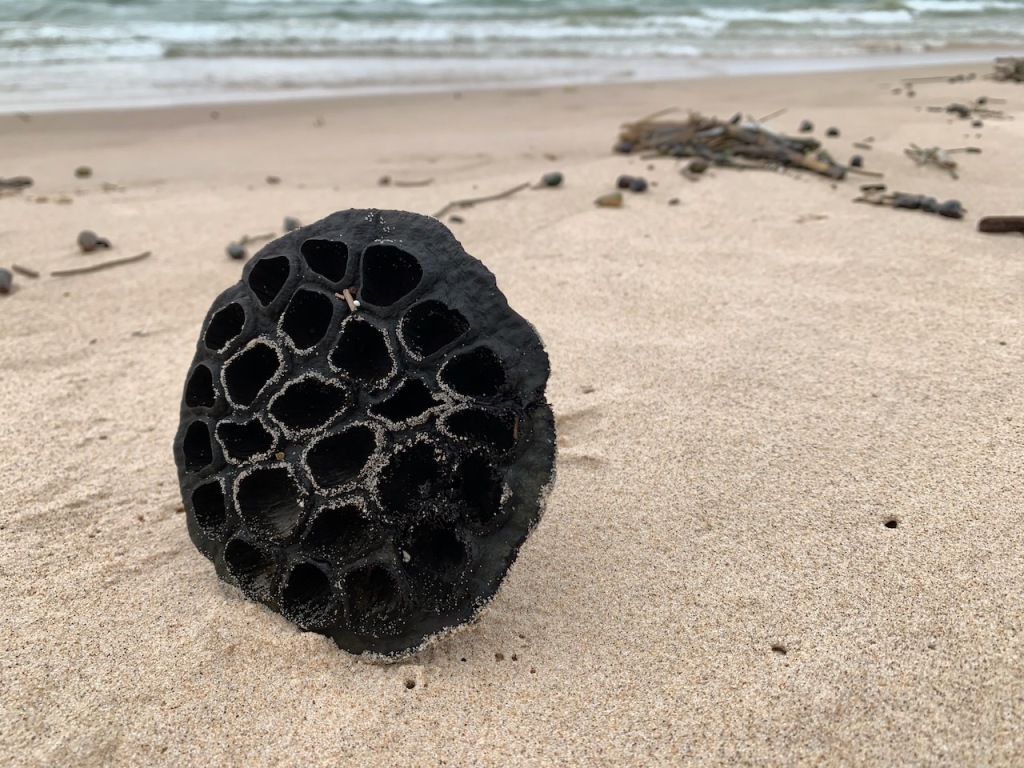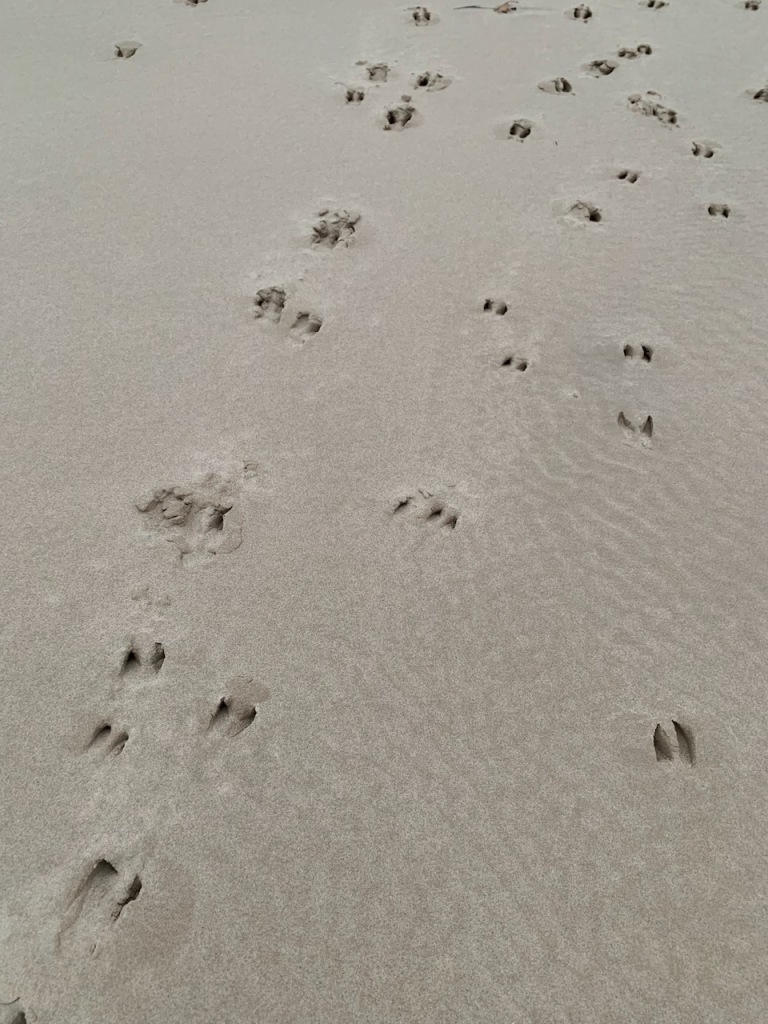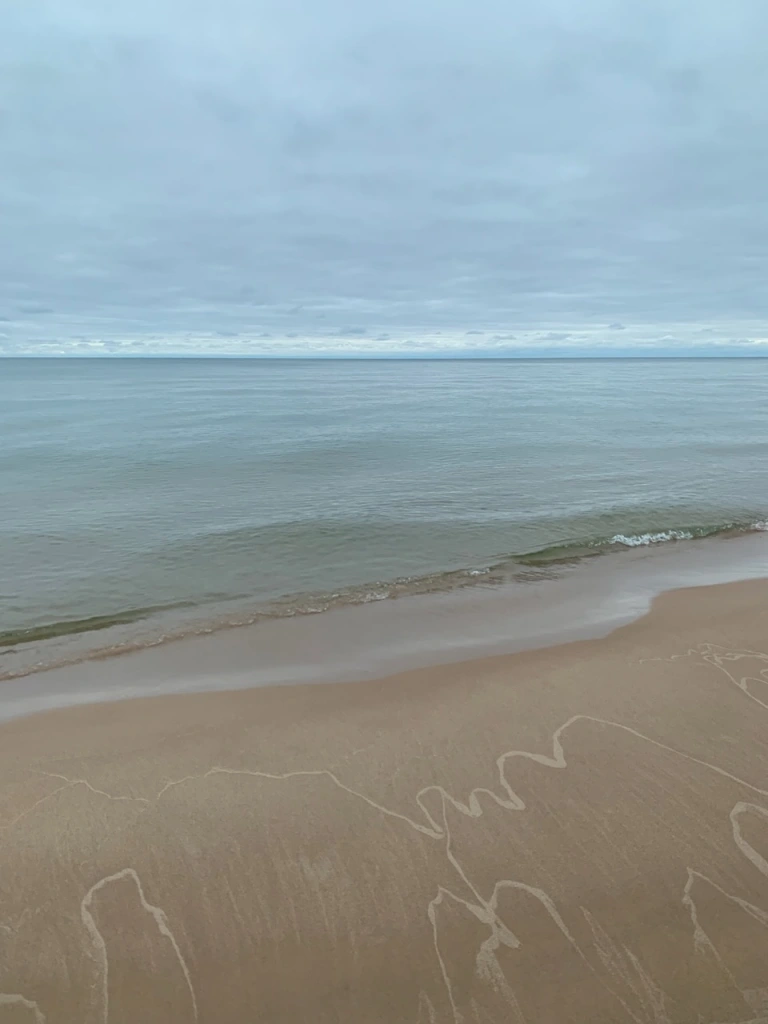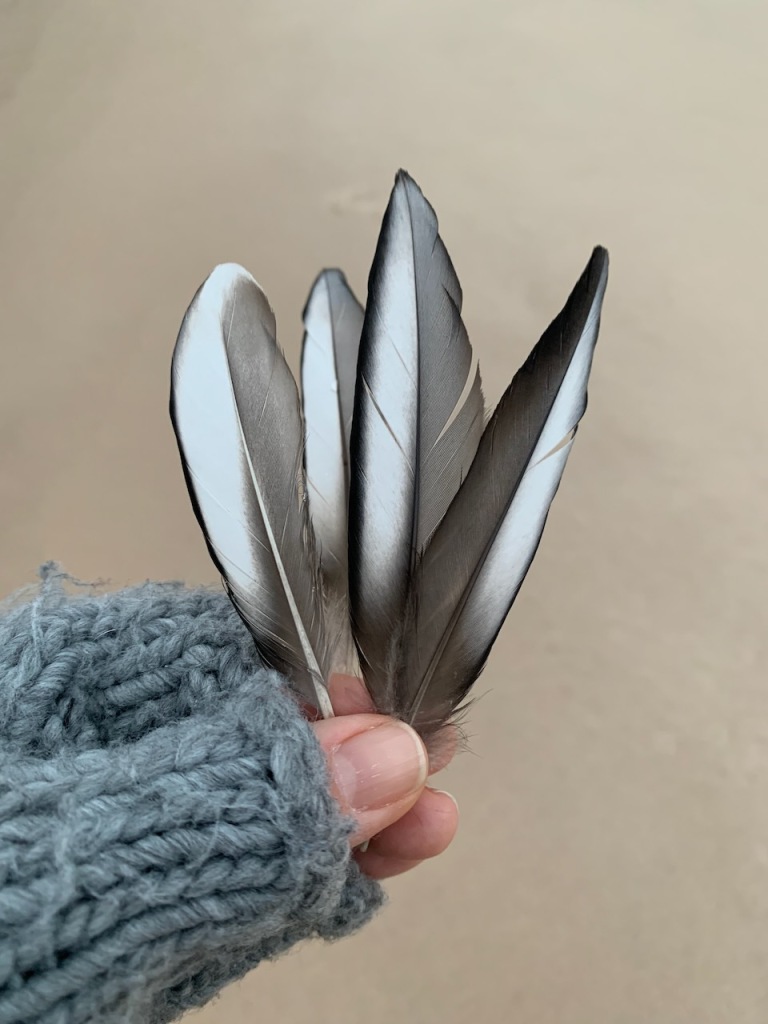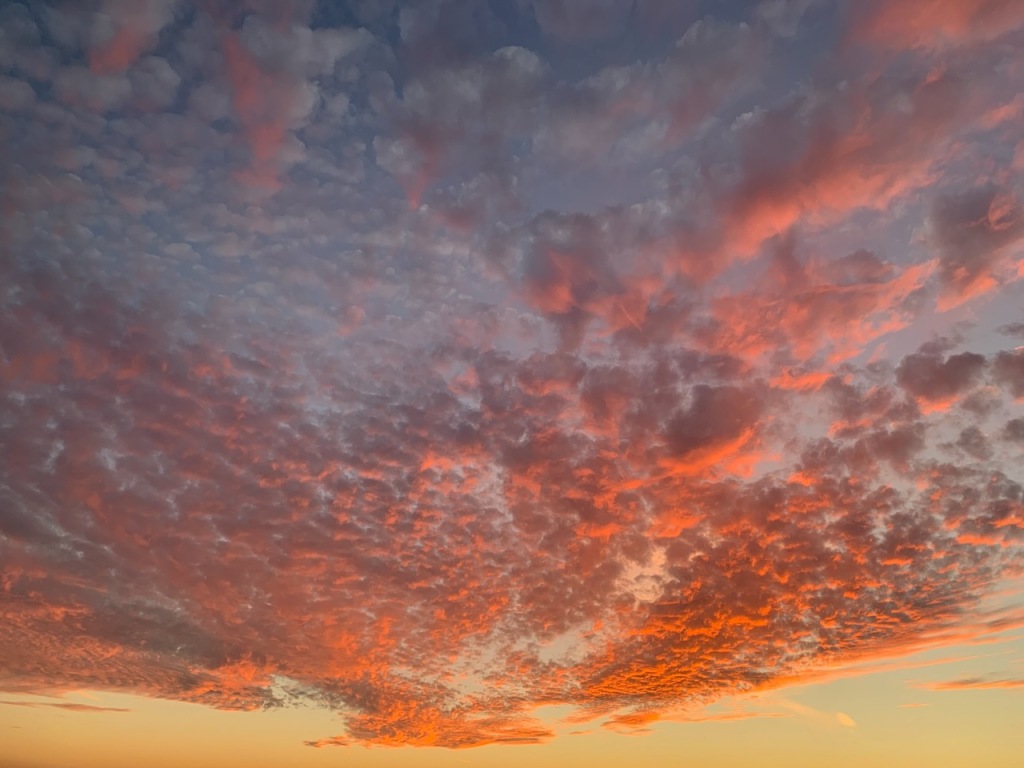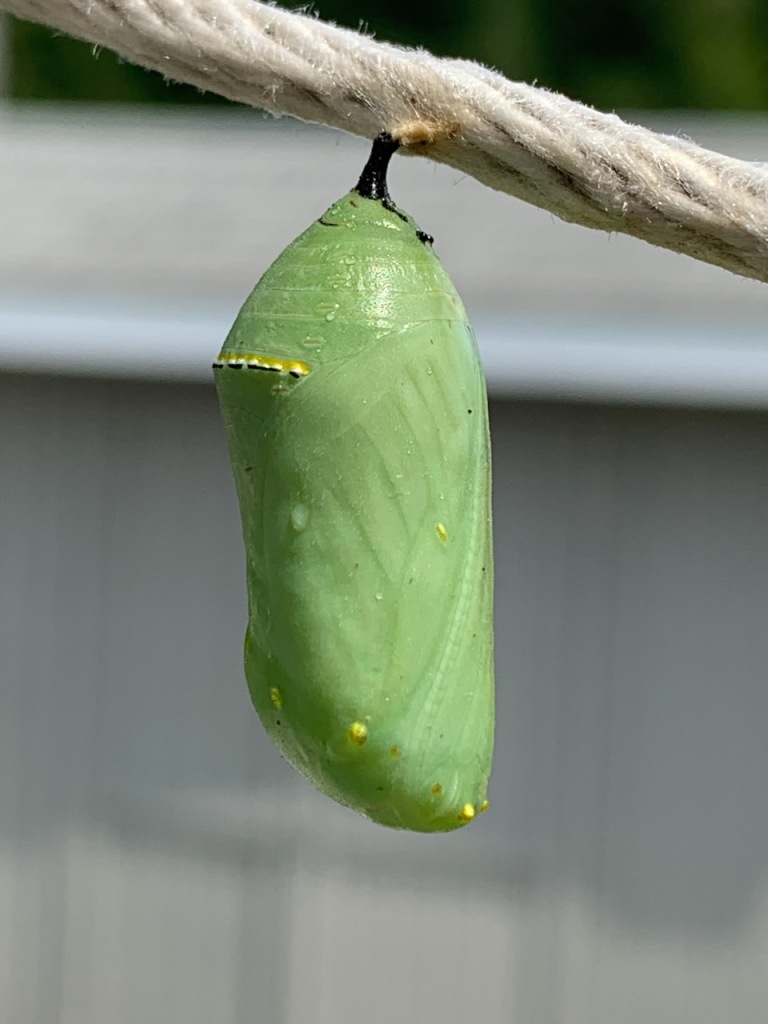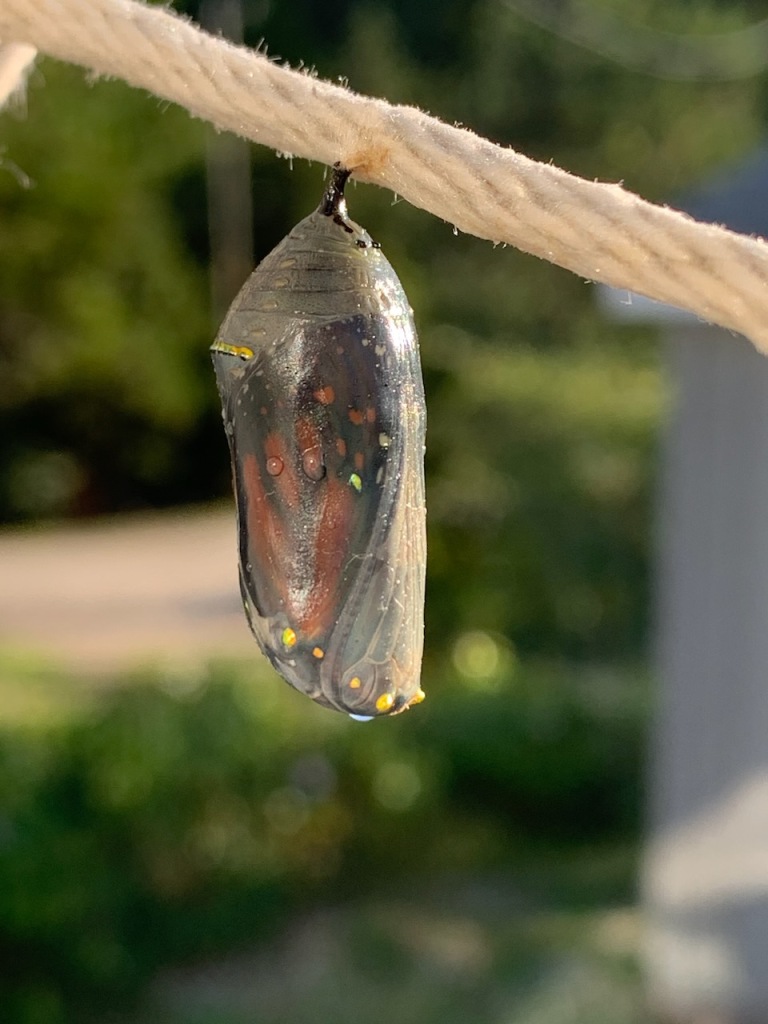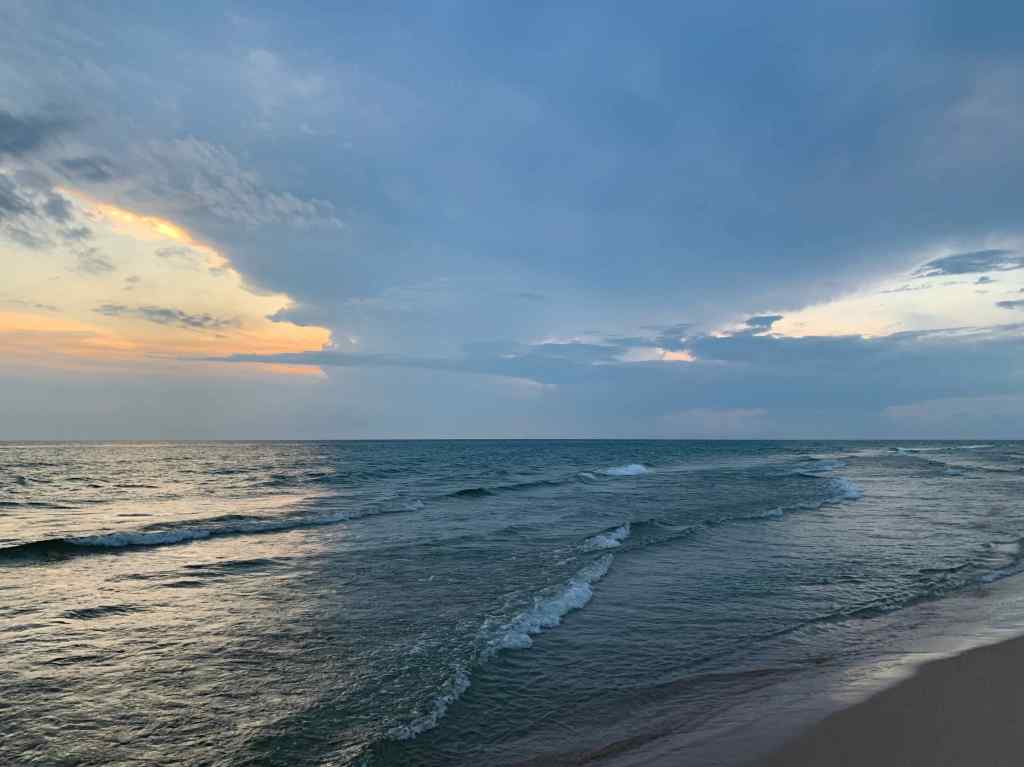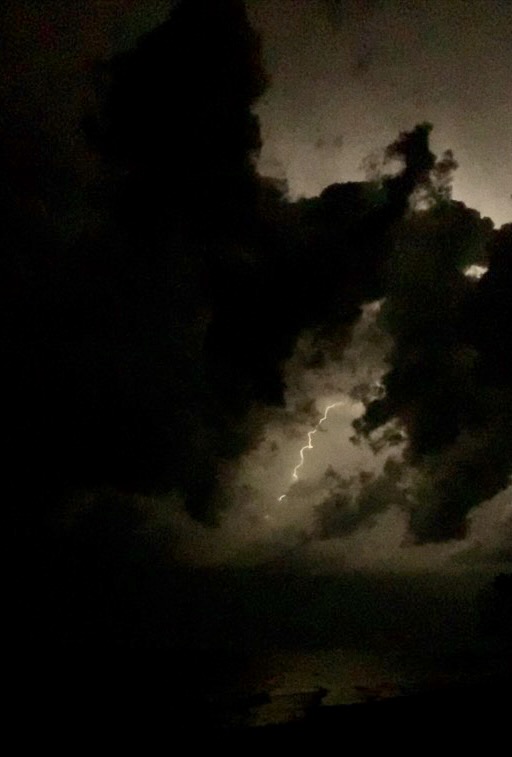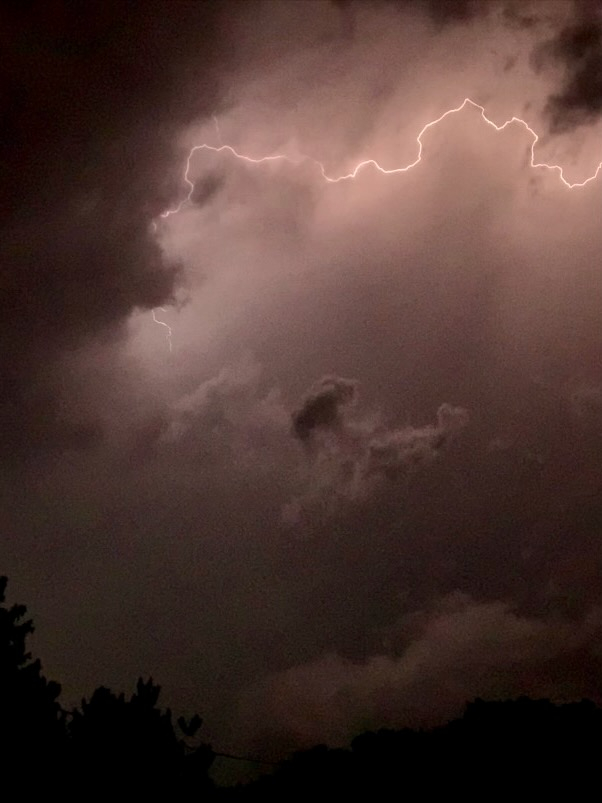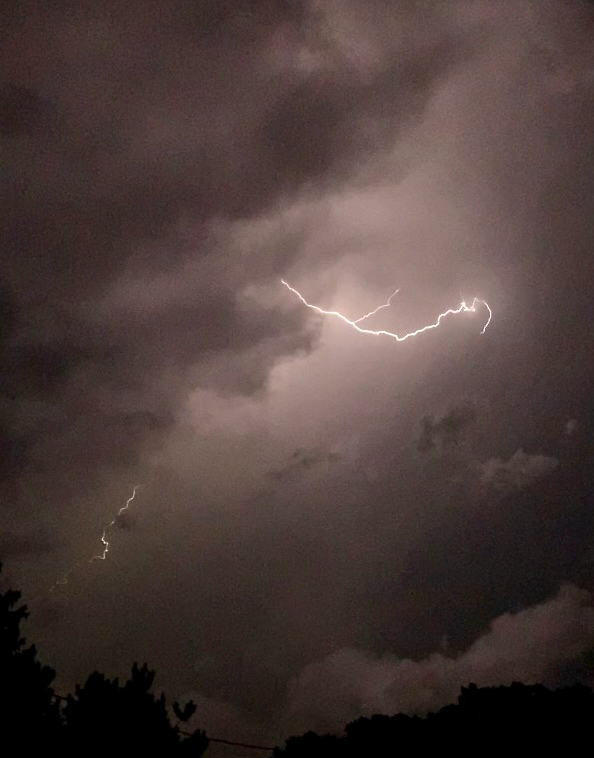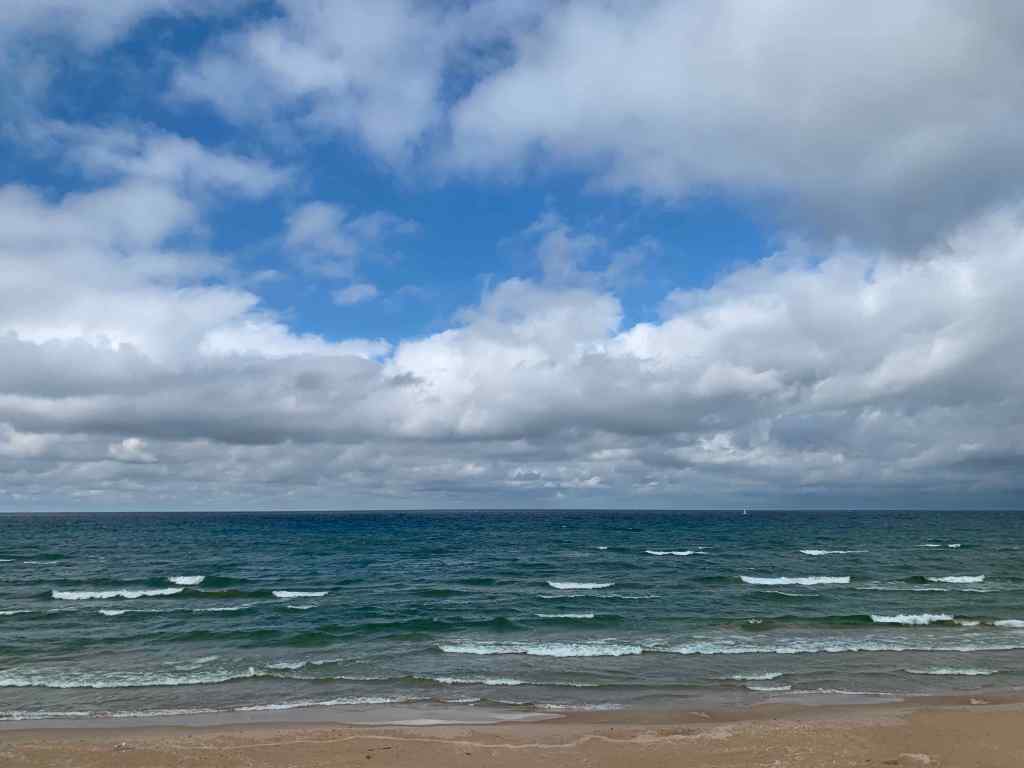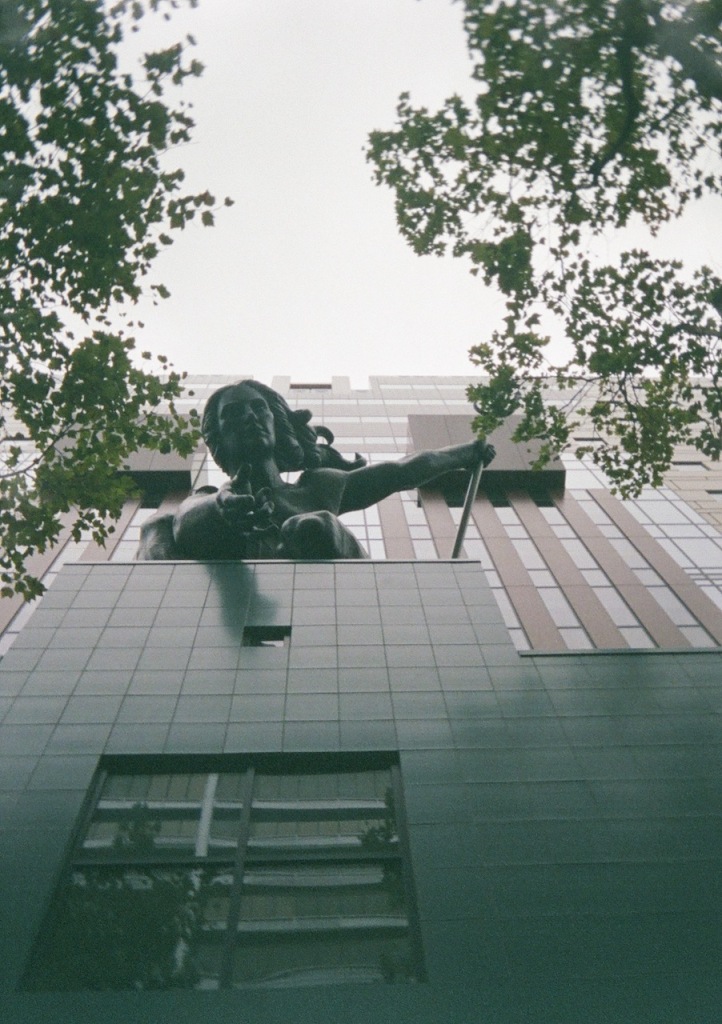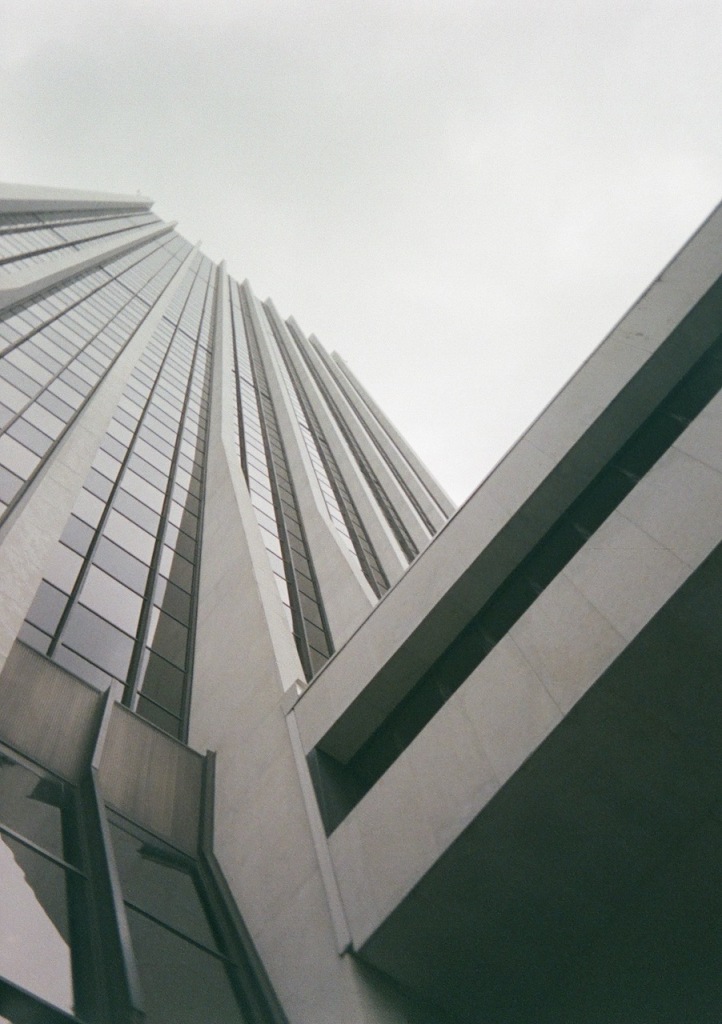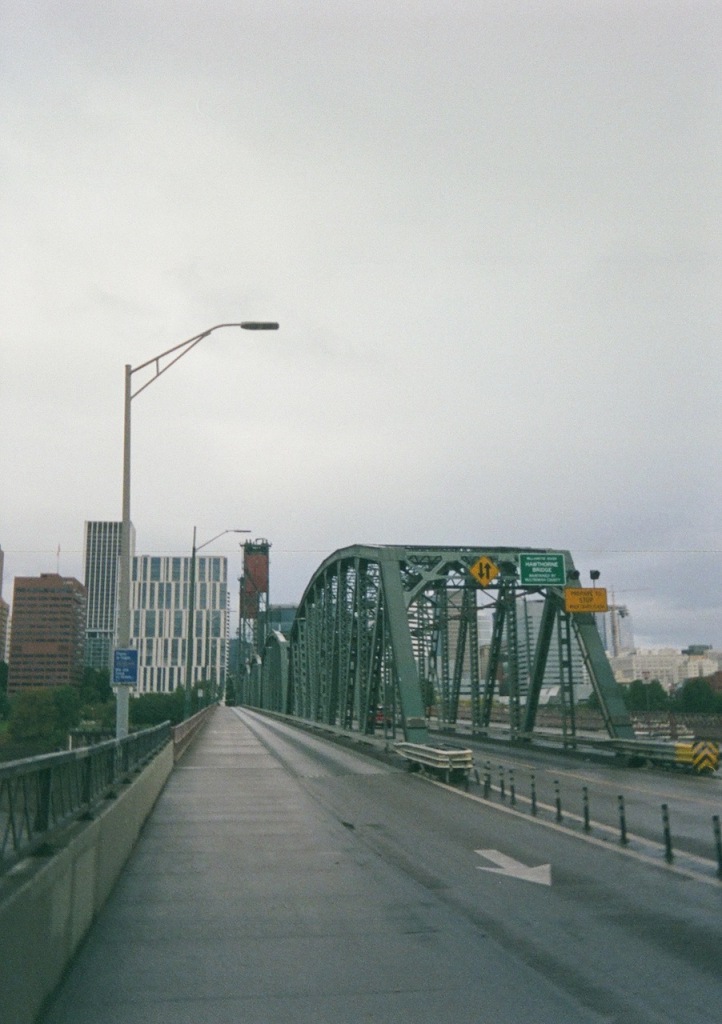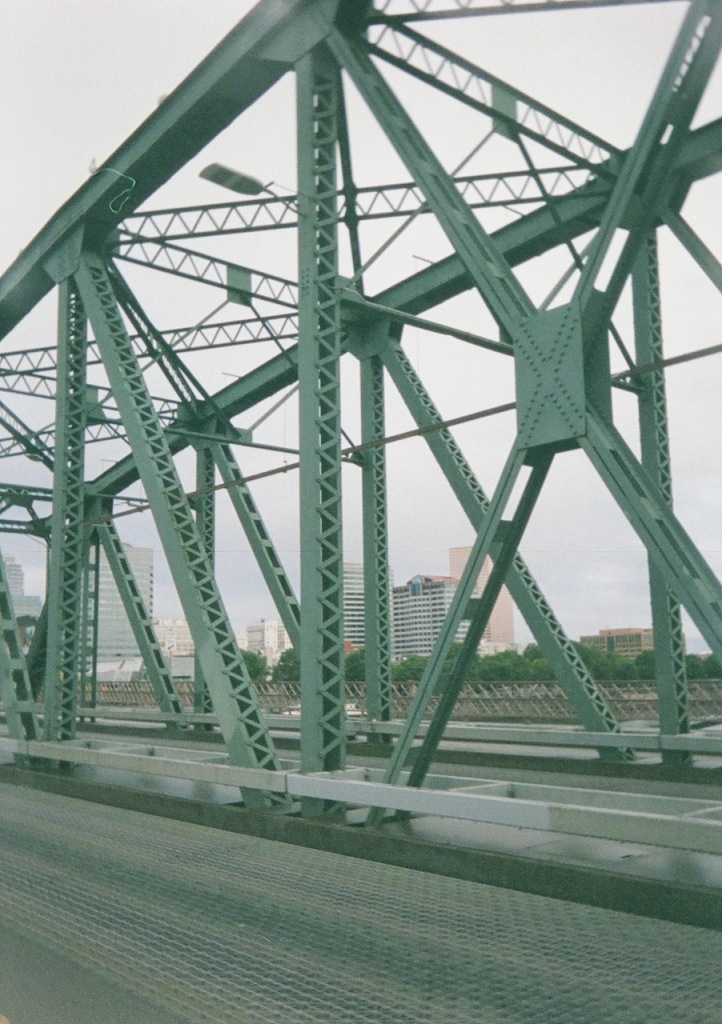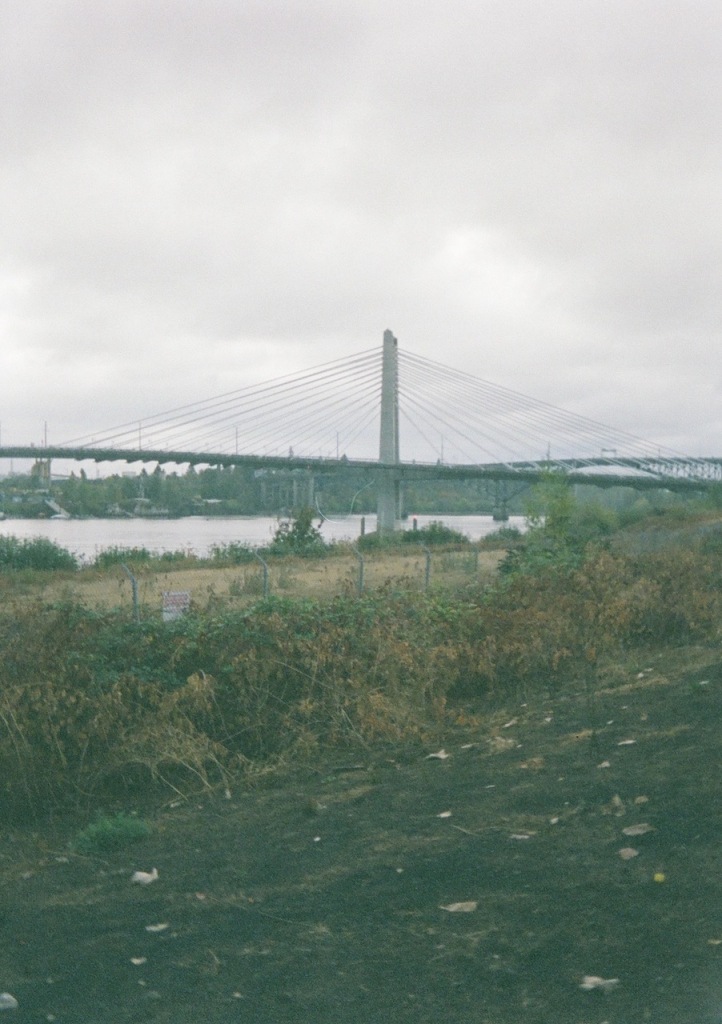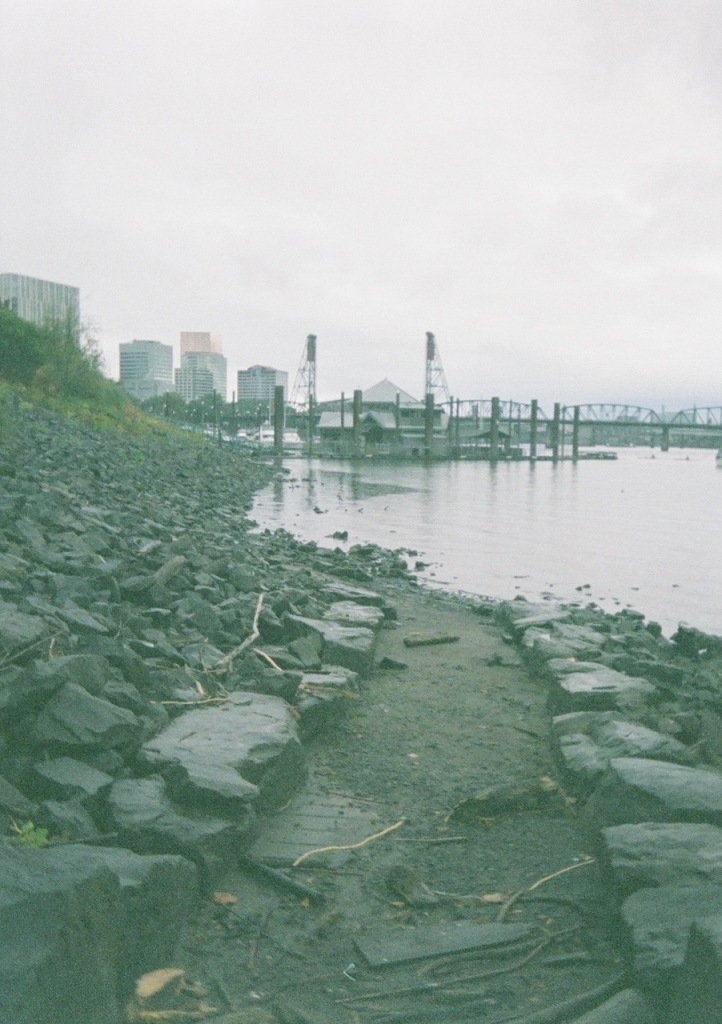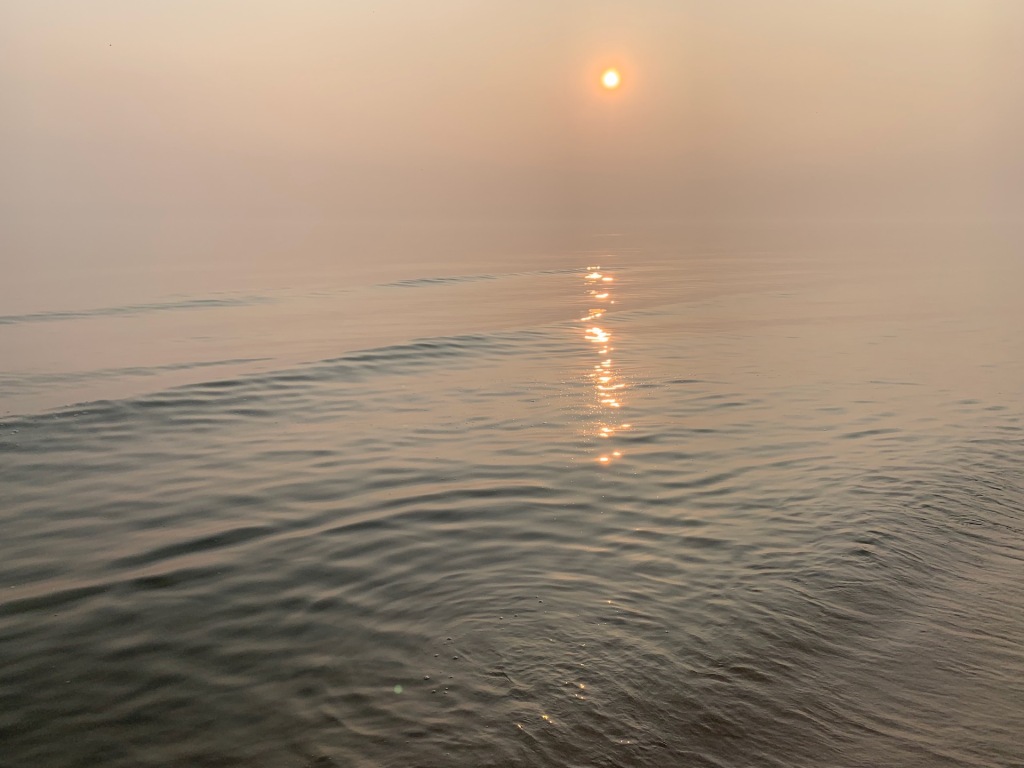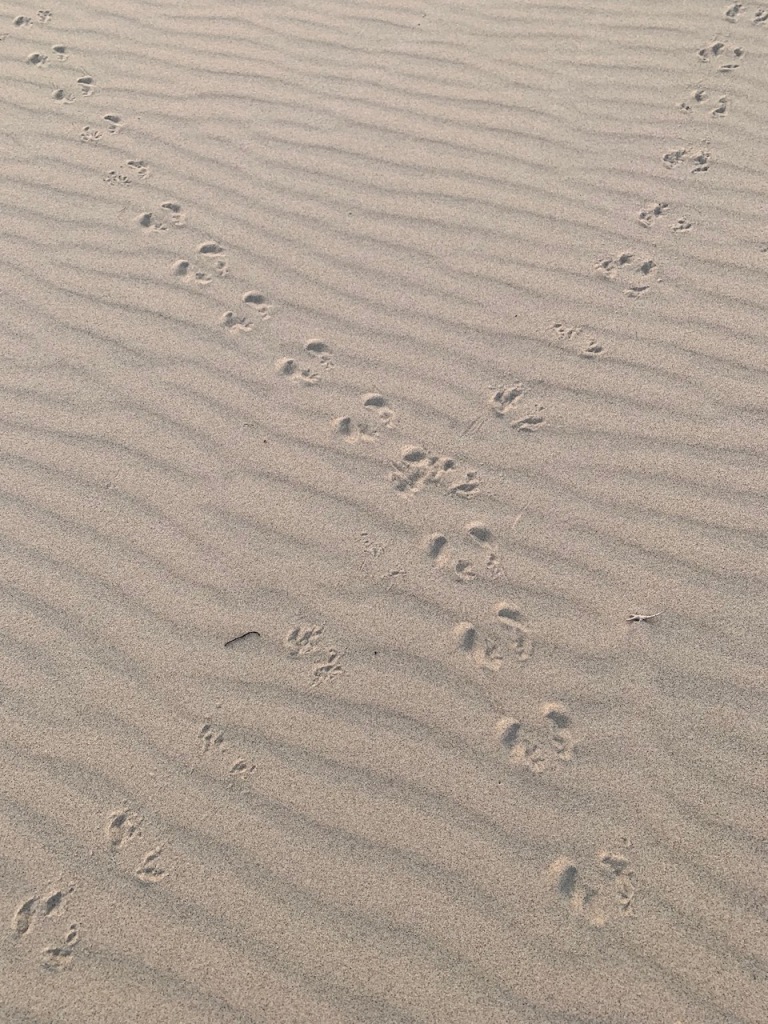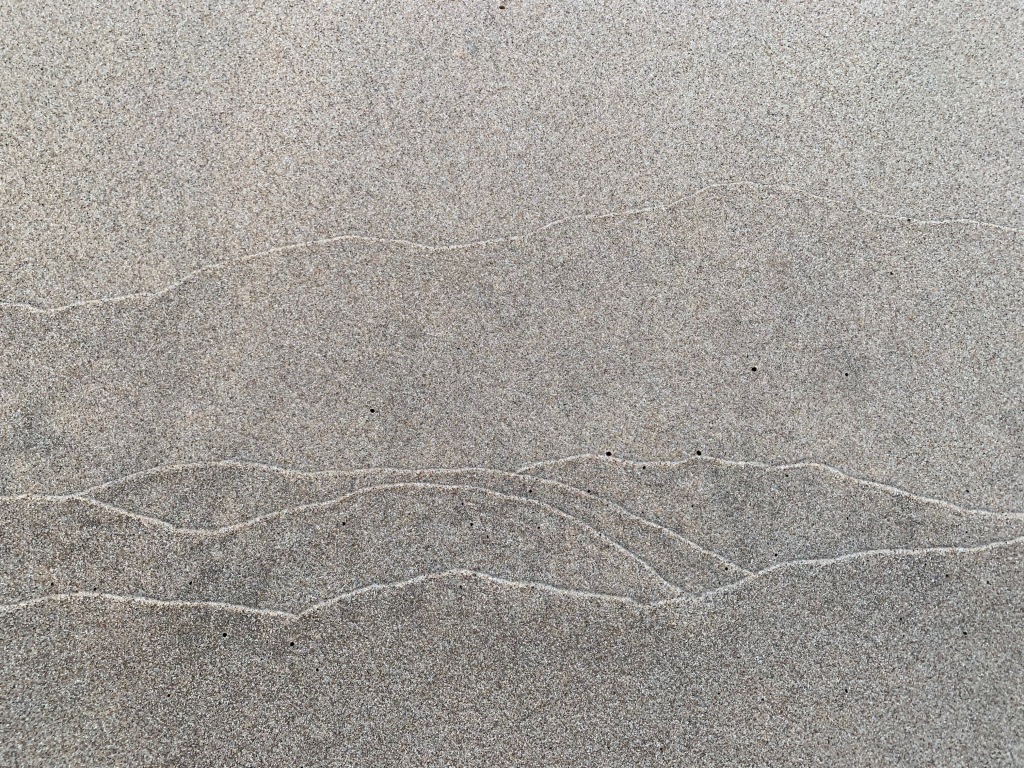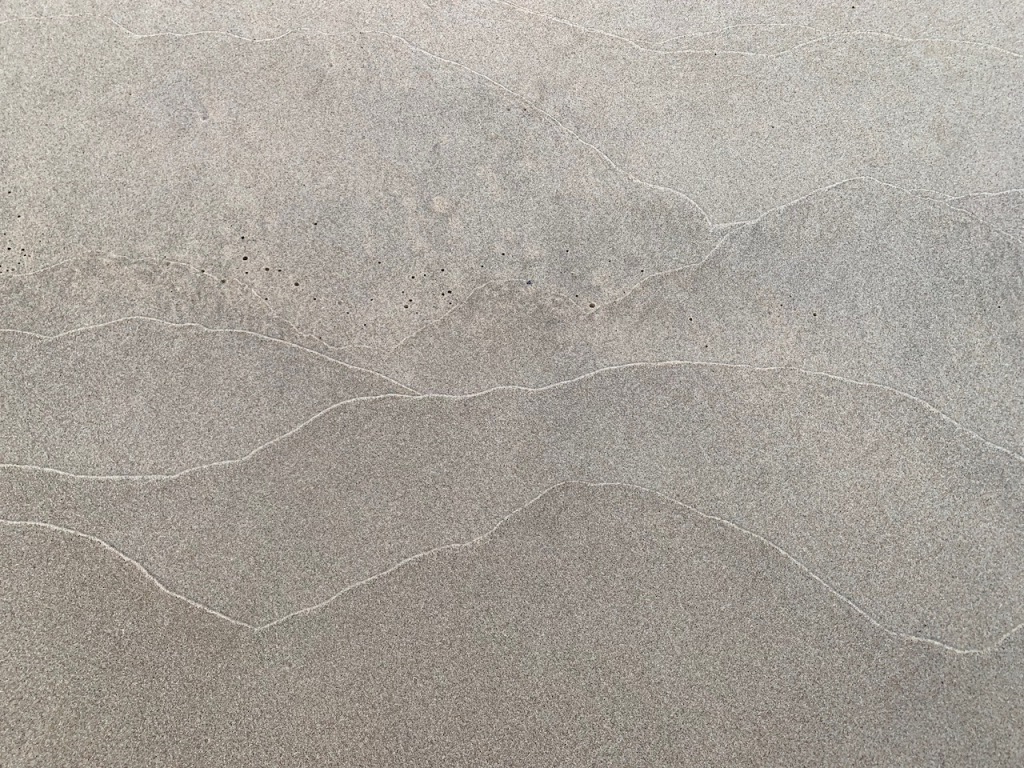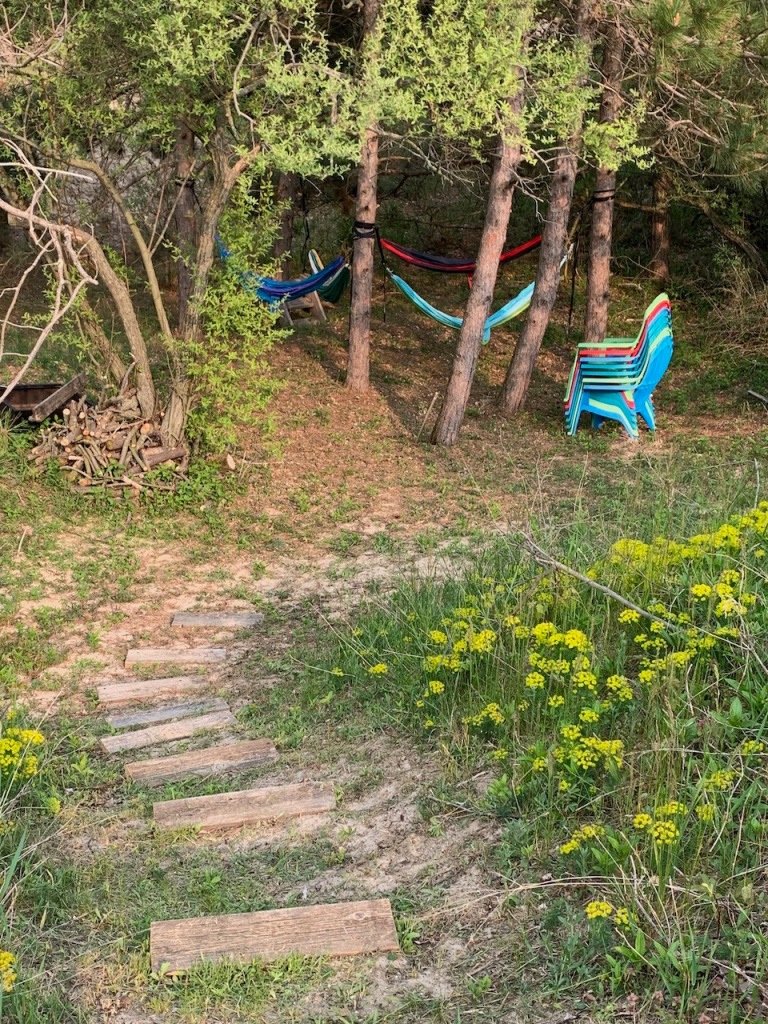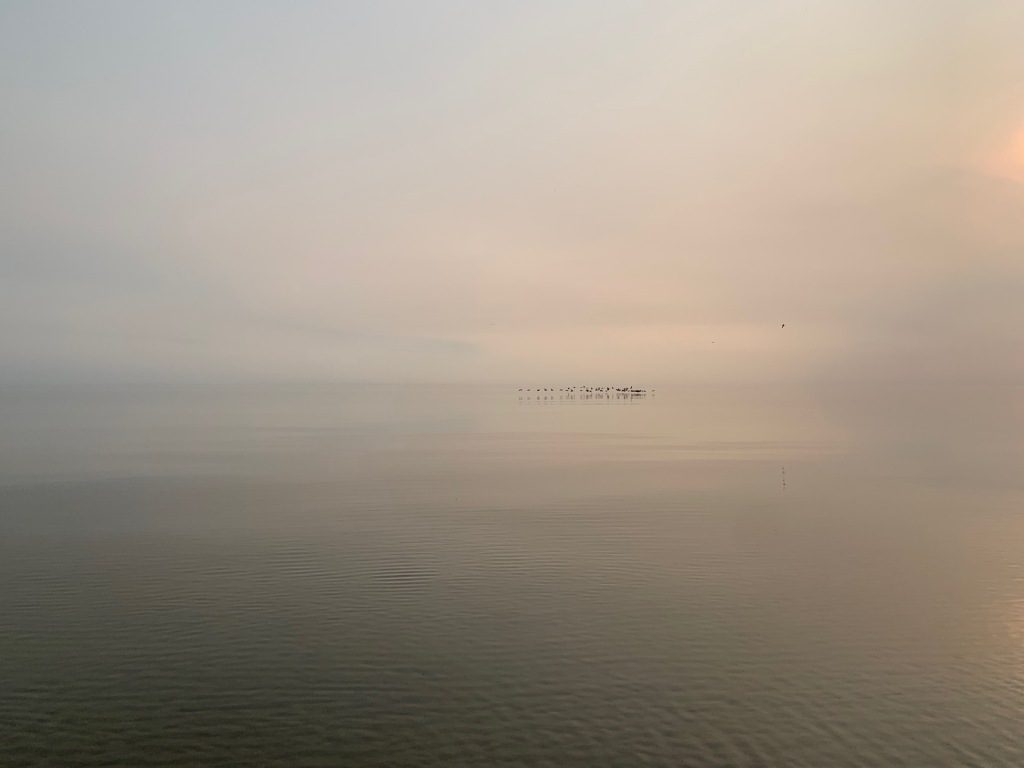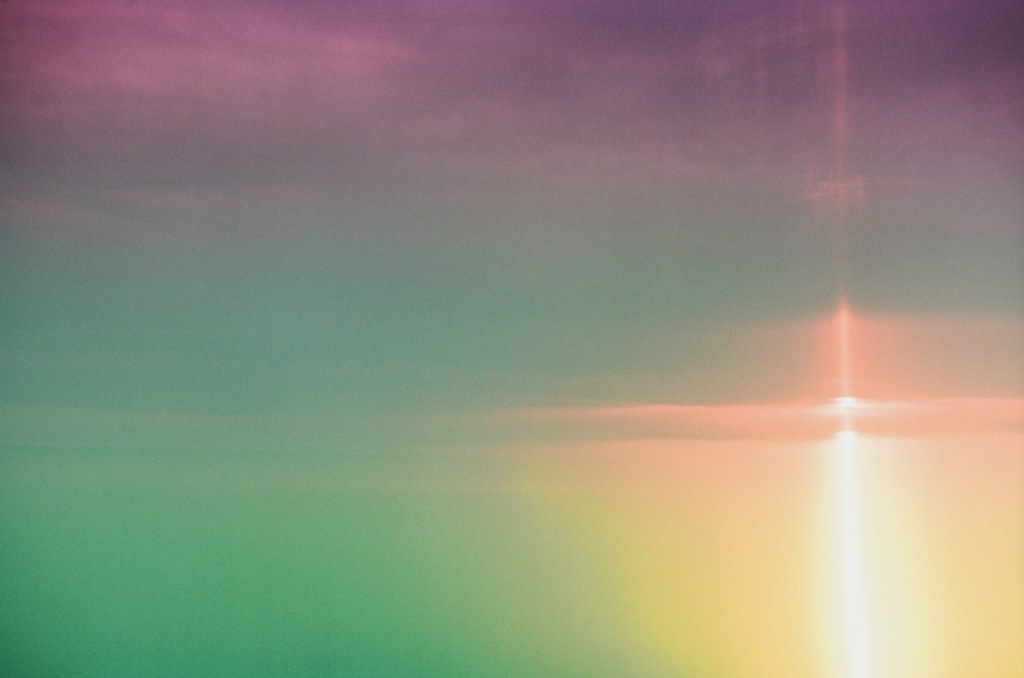We planted plugs of dune grass at the bottom of our still-too-naked bluff last fall. A hopeful gesture to be sure, because there is no guarantee that the plugs will take or that they will not be buried by the shifting sands over the windy winter. Still, for the cost of $75 it wasn’t much of a risk. And, even buried they provide much needed stability to the bluff.
We weren’t at the cottage as much over this winter as we had been in the past few years. I’m not even certain why, as the winter was mild. Busy? Always. Tired? That too. But as I sit here today before I need to head home, and then ready myself for a week long work trip, there are undeniable signs of spring.
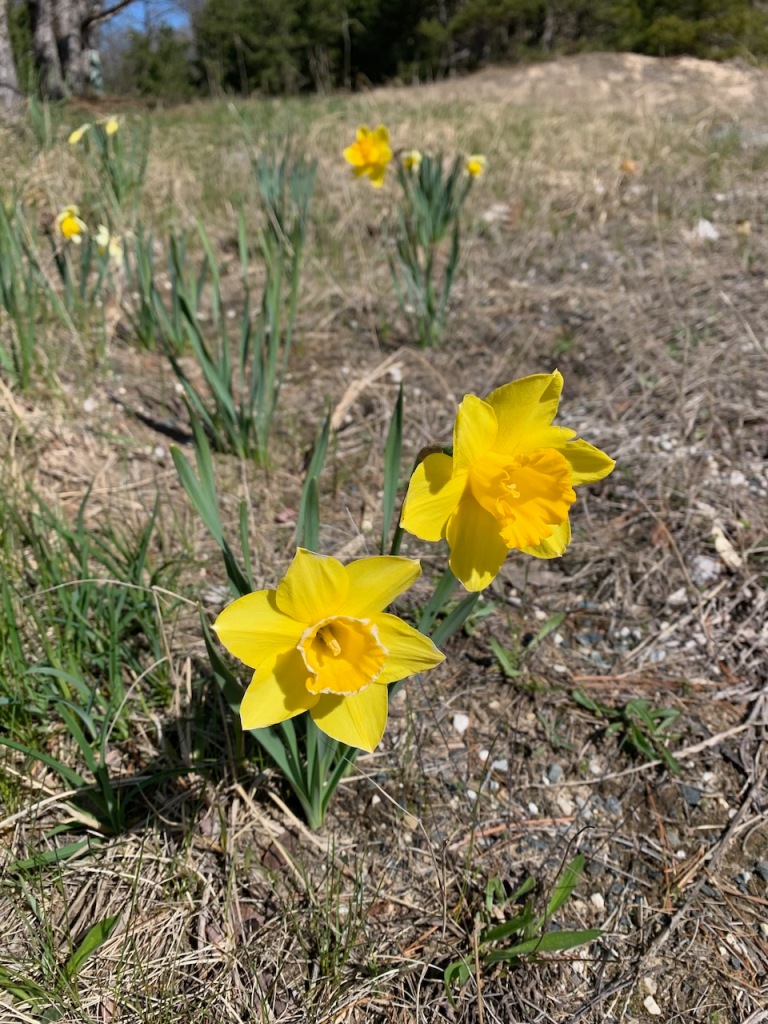
Spring comes later along the lake shore. But the neighbor’s daffodils along their drive are the first cheerful yellow here. The dune grasses—even those we planted, that did get nearly buried by drifting sand—have sent up fresh green shoots. The lilac bush that is uncontrollably wild and glorious and has taken over the space between our cottage and the neighbor’s is preparing its riotous blooms. I can’t wait to be back when they open, to bury my face in them, to sit on the side deck and watch (and hear!) the bees as they work to gather the nectar and pollen.
The bluff and the beach, which four years ago I worried relentlessly over, are beginning to stabilize. That’s how it works, I know, but the drama of it can be overwhelming. At the bottom of our stairs that we built last year there is a post that 1) marks the high water of 2020 and 2) I relentlessly complained about being too tall. I couldn’t reach high enough to put a towel on its top, or toss an inner tube over it. Today the top of the post barely reaches my waist. And this year there is a line of new dune grass sprouting up halfway between the bottom of the bluff and the water’s edge. This is how the foredunes develop.
I know that soon enough the bluff will be covered with grasses and plants. The foredune, forming now, will be covered and provide a haven for the snakes and spiders that make for interesting surprises as you’re walking back up to the house after a swim or paddle. I don’t remember paying attention to this process when last it happened, but now I am fully attuned.
But this is how it works. The landscape here is constantly changing. I hope to never experience what we did in 2020 and 2021, but there is no taming, or reasoning with, the nature of this lake. So for today I’ll just delight in the sunshine, the singing birds, the green shoots of dune grass before I head home.

